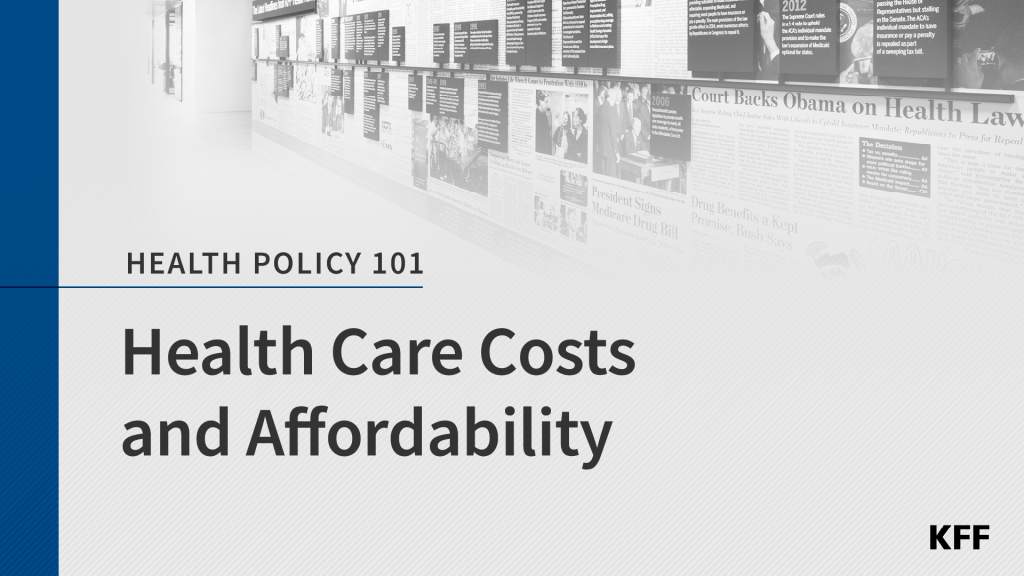How Many Uninsured Are in the Coverage Gap and How Many Could be Eligible if All States Adopted the Medicaid Expansion?
This analysis estimates that 1.4 million uninsured individuals in the ten states without Medicaid expansion, including many working adults, people of color, and those with disabilities, remain in the "coverage gap," ineligible for Medicaid or for tax credits that would make coverage through the Affordable Care Act's Marketplaces affordable to them.
